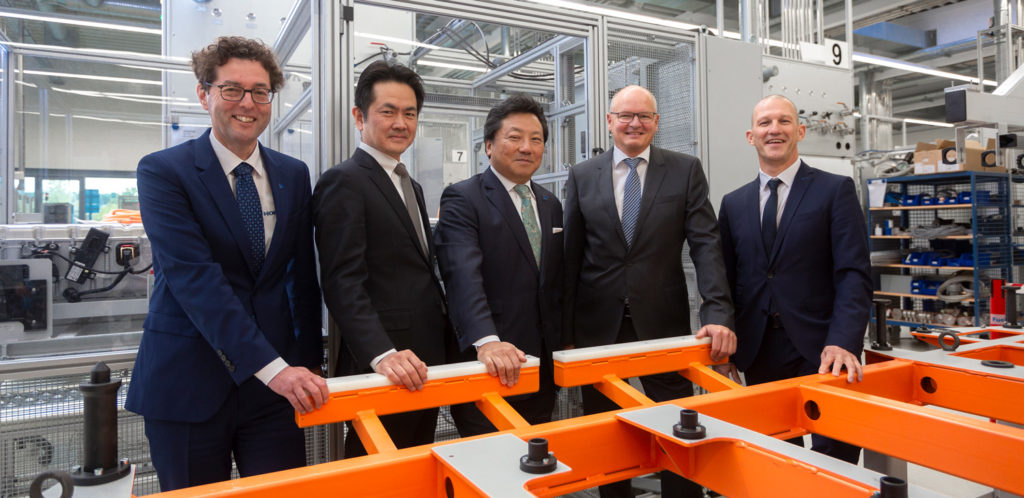Following Horiba Europe’s acquisition of FuelCon, Dr Geoff Davis, Horiba vice president of strategy, discusses how the two will work together to tackle the latest electric vehicle development challenges
With the continued demonization of diesel and increased political pressure to accelerate the migration toward zero-emission fleets, all vehicle manufacturers are implementing product strategies that include widespread adoption of PHEV or EV technologies. Simultaneously, the automotive industry is undergoing a disruption that is increasing the pressure on the underlying business model. As a consequence, the industry is moving its focus toward increasing the use of virtual tools, component characterization and system-level testing, while reducing vehicle-level testing. These changes will accelerate development timescales and reduce costs.
This is at a time when the adoption of EVs is still relatively new and xEV specific components need increasing. Solving these issues will make verification and validation environments more accessible, which in turn will boost the component maturity level.
Due to the low component maturity level, engineers face many challenges to ensure consumers have access to products that meet their performance and ownership requirements, including the ‘safe operation’. Typical challenges they face include:
• Managing battery performance in challenging environments;
• Maintaining battery state of health while maximizing performance and range;
• Increasing system efficiency to maximize the zero-emission range of EV and PHEV;
• Accelerated validation during R&D and efficient but effective end of line testing.
With the recent acquisitions of FuelCon and MIRA, Horiba is now able to provide its customers with extensive capabilities to support EV powertrain development through its in-house EV engineering expertise and industry renowned test equipment.


